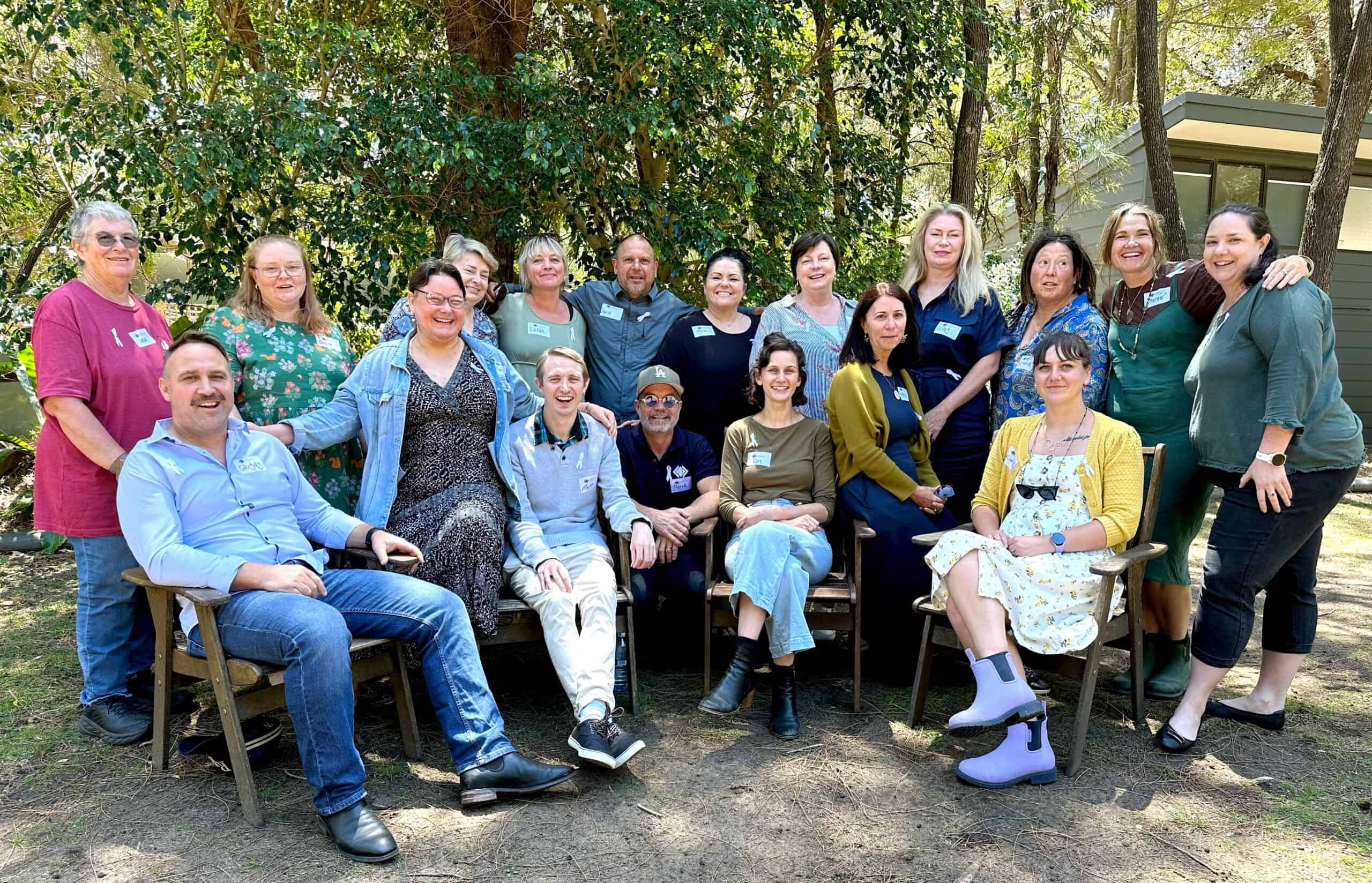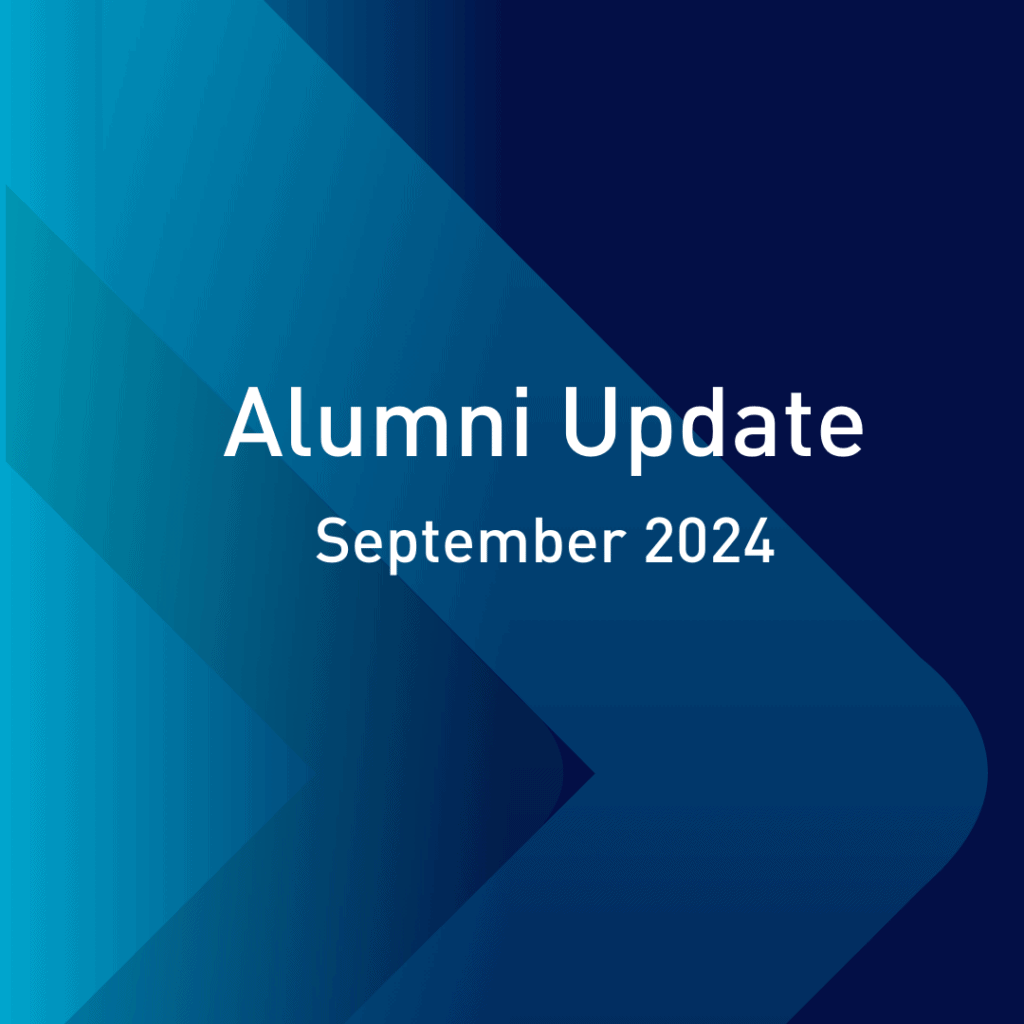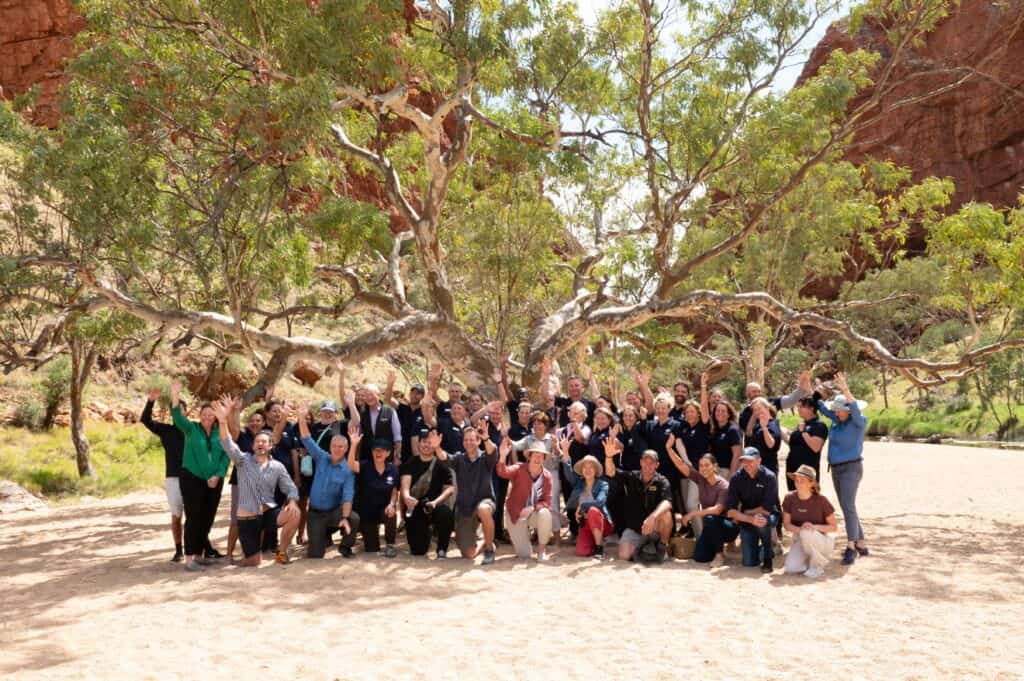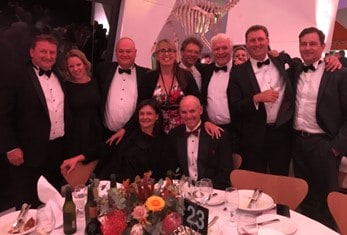Local not-for-profits are better placed, and resourced, to support their communities thanks to new leadership networks committed to outcomes and impact.
The devastating 2019/20 bushfires led to fatigue and a depletion of the resources and volunteers available to not-for-profits supporting the ongoing recovery. However, two recent leadership development programs have begun to reverse the trend and help satisfy an overwhelming appetite for cross-sector collaboration.
The ARLF delivered the Regenerate Shoalhaven and Regenerate Bega Valley programs in partnership with the Foundation for Rural & Regional Renewal (FRRR).
The Regenerate Shoalhaven and Bega Valley leadership development programs equipped 41 participants with the tools, skills, resources and connections to effectively collaborate on many fronts, from supporting recovery to harnessing opportunities across the communities.
Collaborating on projects to support local communities
Several community projects were presented at the Shoalhaven graduation, highlighting what they’d learnt and how they can collaborate in future, including:
- Addressing social anxiety and isolation with teens interviewing elders on unique stories about local towns via podcast, leading to reconnection, regeneration and revitalisation of communities.
- Finding a new home for the Shoalhaven Defence Families Association so it can continue to provide, and expand on the valued support for members and the broader community;
- Providing advance and ongoing support for inmates as they transition to life in the community to reduce the chances of reoffending;
- Introducing Indigenous cultural tours on the water with Elders sharing knowledge with younger generations while also upskilling them in sailing skills and boosting their confidence to become leaders in their community.
“Local not-for-profits contribute enormously to their communities on so many levels and these projects are indicative of this,” ARLF chief executive Matt Linnegar says. “They’ll contribute to social and economic recovery to make these communities stronger going forward.”
Regenerate Shoalhaven graduate Gemma Hart, a youth worker from Burrill Lake says: “I feel that the greatest impact on me and probably on my community from this program is the networks that it’s built that I can now collaborate with, but also the trust that has been built within that network. I trust these people implicitly and I know that they’re got my back and that we can collaborate and share ideas that will just exponentially benefit multiple communities.”
Community facilitator Kate McBride of Narrawallee reflects on the experience: “I’ve noticed that it’s instilled some skills and some mindsets to ensure I can continue doing the work that I do. That comes really down to building in time for self-reflection and to allow space to rethink and rework. Sometimes I can get too busy in that daily grind of life and to be able to pause and reflect and potentially readjust or realign where needed to in the work that I do has been beneficial not only in my work life, but personal life, home life, across all kinds of areas.”
Building confidence, ability and longer term sustainability of local not-for-profits
FRRR’s People Programs Portfolio Lead, Deb Samuels, explains the training is part of a long-term investment in strengthening community capacity. “Regenerate Shoalhaven and Regenerate Bega Valley are part of FRRR’s Investing in Rural Community Futures (IRCF) program, which aims to build confidence, ability, skills and longer-term sustainability of the region’s NFPs, and was supported by the Australian Government’s Black Summer Bushfire Recovery grants program.
“It’s evident from both leadership cohorts that this is well on the way to being achieved. Twenty-two not-for-profit employees and volunteers graduated from the Regenerate Shoalhaven program and 19 from the Bega Valley program. We are thrilled to see this boost in capacity, so they can continue their vital work in local communities.”
Projects in focus for the Regenerate Bega Valley cohort include:
- Women to Thrive – governance and boards and committee training.
- A forum to discuss pressing energy and telecommunication needs to then build a bank of funding ideas.
- Spaces and places project focused on homelessness.
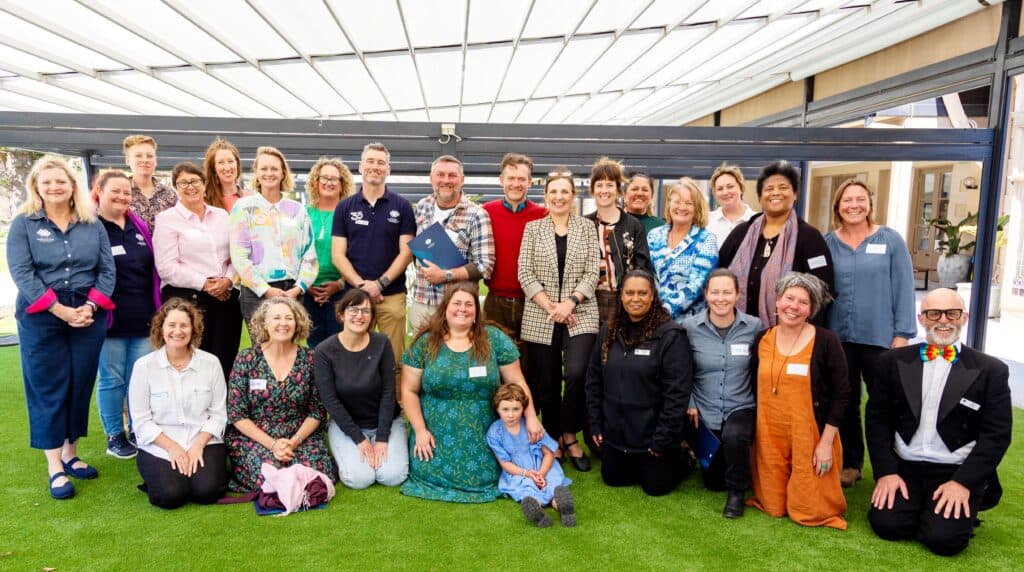
Graduates (with ARLF facilitators) of the Regenerate Bega leadership program
Bega Valley graduate Penny Green of Tathra, who specialises in energy network resilience, reflects on the leadership approach: “I think it takes a lot of courage to recognise who you are as a person, but then what other people can bring to the table as well. And try and fill all those gaps and ensure that all voices are heard. I think that was one of my key things – understanding who I was as a person but then also understanding how to evaluate other people and what strengths they can bring.”
Len Brown of Nowra, a community legal service solicitor also participated in the program. Having built connections, he plans to work with the cohort to deliver community education on where to go for support be it financially or family law related. “There’s been significant impacts from the bushfires, we’ll work on some community information sessions to give them information. A lot of it is just about knowing there are ways that you can address these issues and together, we can help with that.”


